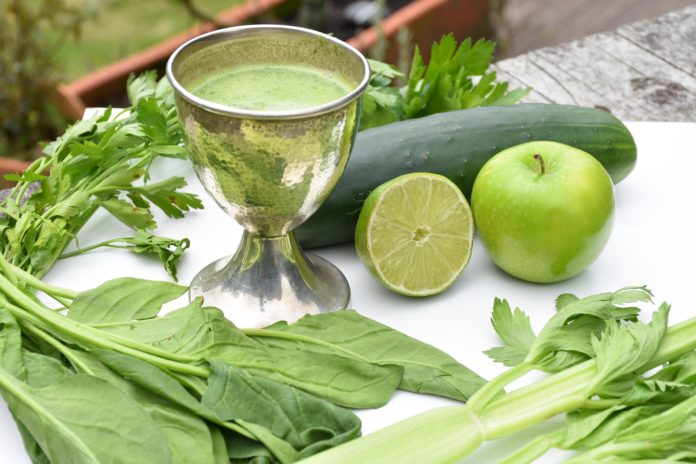The alkaline diet is a fashionable diet that focuses on alkaline food. This means that you only eat food that are not acidic, but rather have a pH above 7. The idea is that eating alkaline food is supposed to make you healthier, help prevent cancer and make the blood’s pH level less acidic. But is this true?
Let’s take a look at the alkaline diet and whether it’s worth the trouble.
What Food Can You Eat?
Basically, the alkaline diet is the same as what we’ve been told for years. Eat less acidic foods—such as meat, processed foods and dairy—and eat more alkaline food—such as leafy vegetables, nuts, seeds, onions, garlic, citrus fruits and root vegetables.
What Are The Benefits?
There are a number of benefits of eating this kind of diet. Eating less processed food generally means you’re not eating as much salt, chemicals and sugar. Leafy and root vegetables are packed full of vitamins and minerals, as are nuts, seeds and seasonal fruits. These will reinforce your immune system, improve your mood, aid digestion and strengthen bone, eye and skin health.
Is it Worth It?
It can certainly be a good idea to eat more of these food. But the fact they happen to be alkaline is not the primary cause. The alkaline pH can help certain excesses of acid in the stomach, but it is impossible for food to change the pH of the blood, as is often claimed in favor of the diet. While it can perhaps prevent some cancers, this is again not because of the alkali per se, but because you will be receiving more nutritious food.











